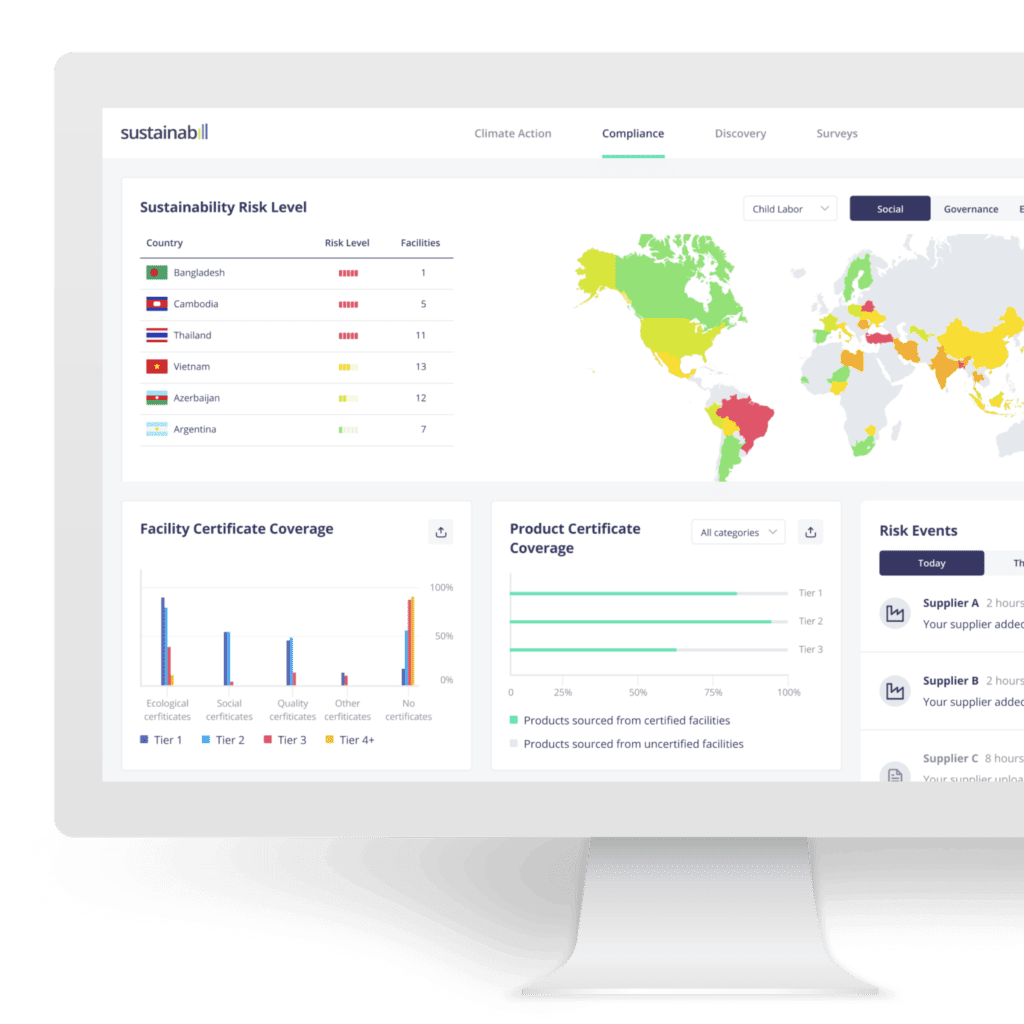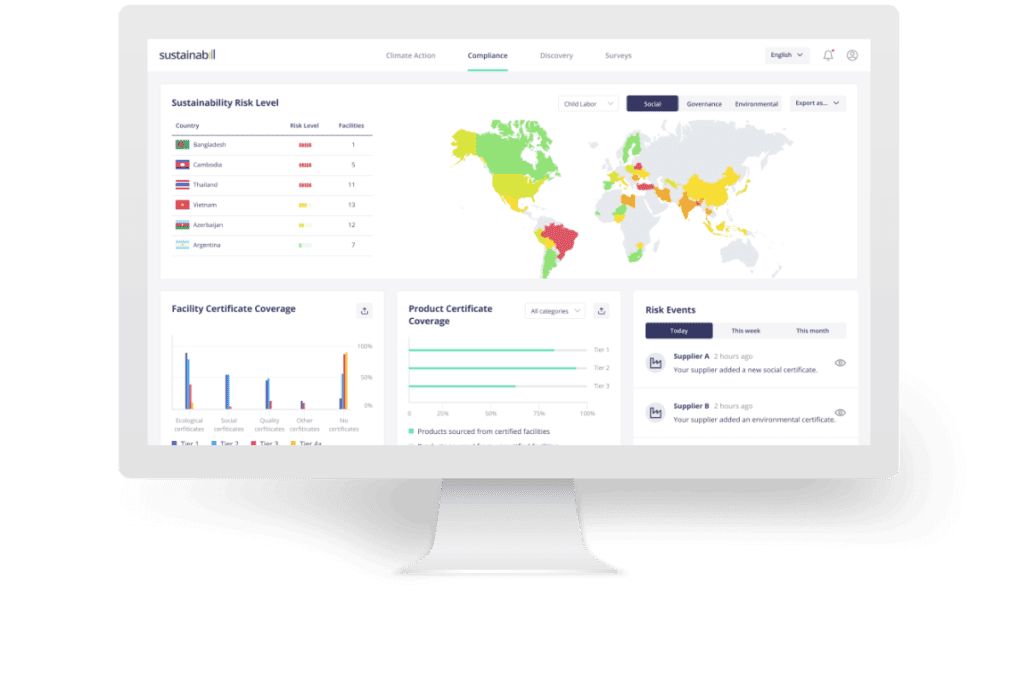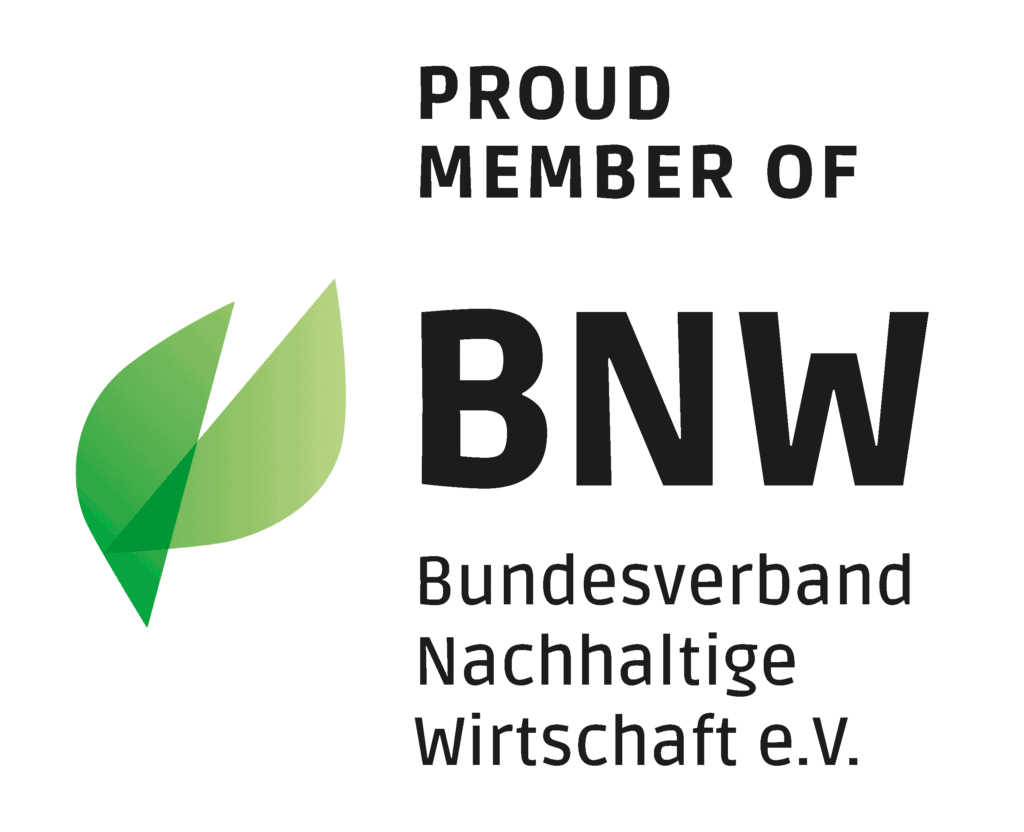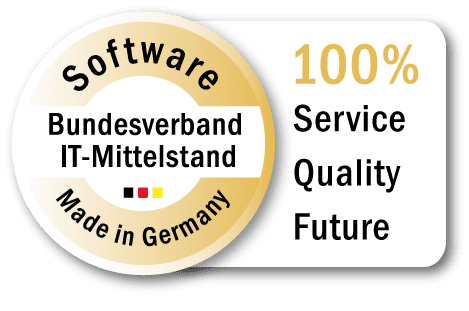Usually, supply chain collaboration discussions focus on brands and retailers, particularly those who directly deal with consumers and whose reputations, in terms of responsible sourcing commitments, are at stake. However, nowadays, suppliers are faced with increased requirements for sustainability and transparency from their customers. In the short and long term, the ability to be accessible regarding their supply chains, be transparent about their CO2 emissions, and adopt responsible practices implies key benefits for suppliers.
As a transparency platform, we have been working with thousands of suppliers. A recent example is Tecnocap who uses sustainabill to increase their supply chain sustainability. The company is an innovative metal closure manufacturer supplying divers industries.









